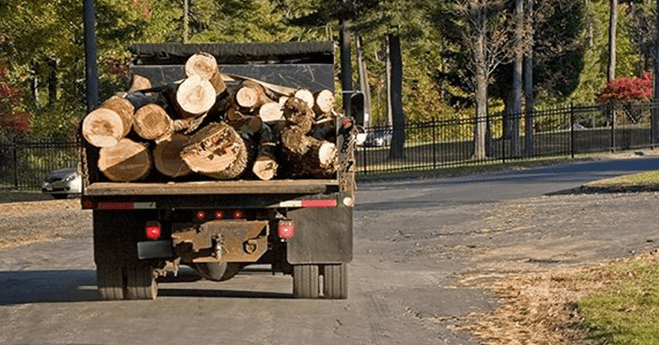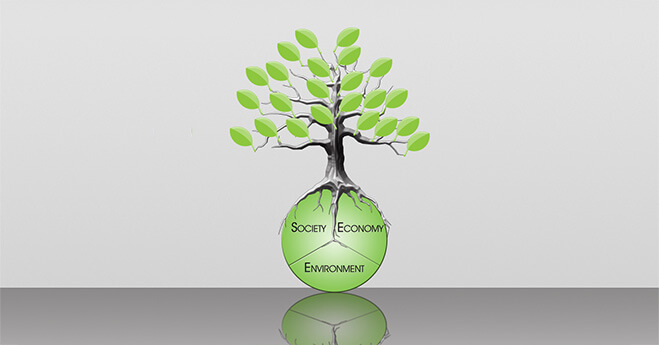TNFD: Requirements and How Biodiversity Drives Success (Part 2)

Nature-related topics are gaining traction in the ESG reporting space. What do the recommendations set out by the Taskforce on Nature-Related Financial Disclosures require, and how can your company adapt?
ADEC ESG Celebrates National Park Week

Every April, America celebrates one of its largest celebrations of national heritage through National Park Week. Recognized by a presidential proclamation, it is a special time to celebrate national parks and programs across the country and to encourage everyone to discover the nation’s diverse natural and cultural heritage.
What Are Public Lands? Why Do They Matter?

We will be celebrating the twenty-sixth annual National Public Lands Day in the U.S. on September 26th. Ahead of that, we’re answering the questions, “What are public lands? And why do they matter?”
3 Ways Organizations Are Reducing Their Impact on Forests

When was the last time you thought about how much you rely on forests? From helping purify drinking water, to providing building material for our homes, to becoming the paper in our books, trees and forests provide many environmental services that are crucial to our modern lives.
Why Addressing Deforestation Makes Good Business Sense

Deforestation can be detrimental and have serious effects on businesses.
Policies to End Deforestation and Climate Change in Business Supply Chains

Deforestation and climate change are worldwide problems. If not addressed they can have serious ramifications on businesses.
Deforestation in Supply Chains: A Climate Change Challenge to Sustainable Development

Why deforestation is critical to business and the Global Goals Addressing deforestation is critical to business, climate action and sustainable development. The global trade of soy, palm oil, cattle products and timber products (the four forest-risk commodities) is a major contributor of deforestation. If businesses don’t address their presence in supply chains, there will be significant ramifications for their reputation, operations and expenditure.
Forest-Risk Commodities: A Major Cause of Deforestation, Emissions and Climate Change

Climate change and the UN’s Sustainable Development Goals (SDGs) are the new compasses for businesses, says Paul Simpson, CEO of CDP, in a new report called “Revenue at risk: Why addressing deforestation is critical to business success.”
Should a Natural Forest Count as a Carbon Credit?

Yes, of course, it makes sense for natural, existing forests to count as a credit in carbon cap and trade, but right now they don’t. Urban forests should also count as a carbon credit, but don’t.
Tree Hugging: Green Development Goes Mainstream

Green development is a wide field in development and land planning which includes city planning, architecture and landscaping. Green development is, quite literally, green.